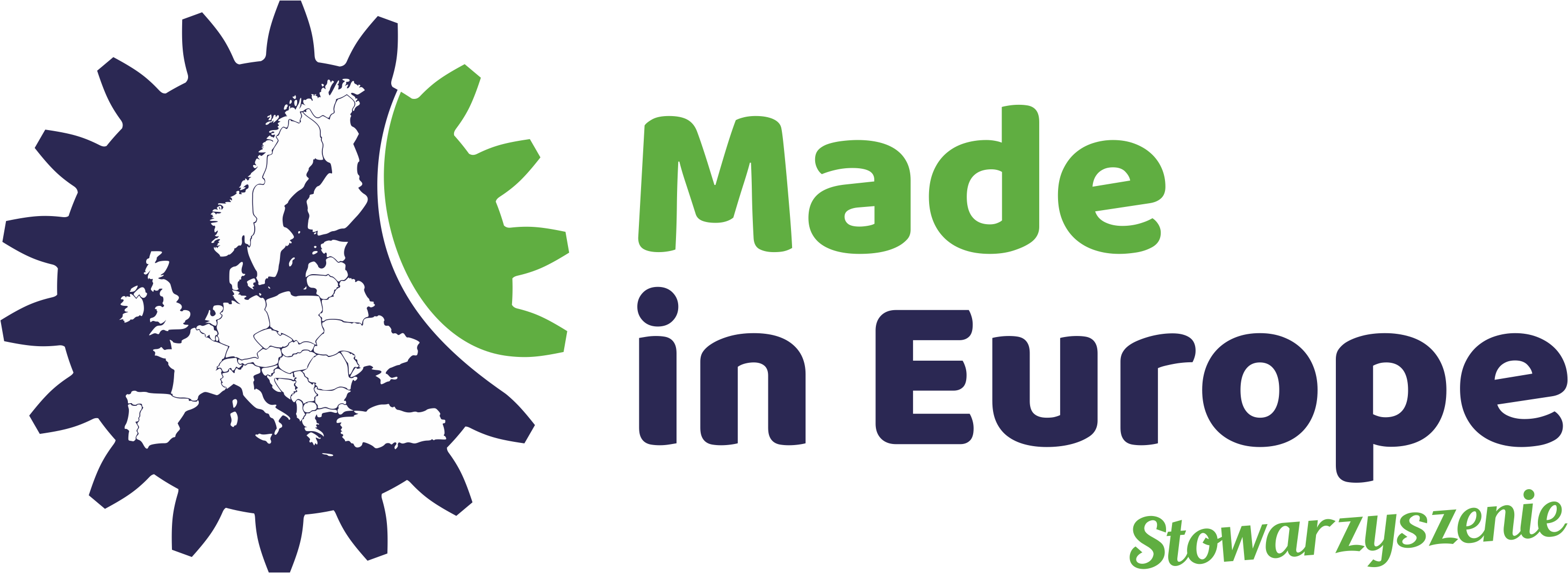For quite some time, we haven’t been particularly active on the internet and social media, but that doesn’t mean we’ve disappeared. We’ve been somewhat limited by personal matters, but there’s too much going on right now for us to remain silent.
In short: we are losing privacy in slow motion. It is slipping while we look away. And unfortunately, the EU is largely to blame for this.
In the EU a plan called “chat control” is back on the table. It would force services to scan private messages. That includes even messages protected by end-to-end encryption. Critics say this turns private chat into a screening line. The plan has moved forward again this summer under the Danish presidency. A vote is talked about for mid October. Poland is one of the very few countries which oppose these regulations.
Digital rights groups and many engineers warn that client side scanning breaks the very idea of secure messaging. The EU Parliament and Council already extended a temporary rule that lets platforms scan on a voluntary basis until April 2026. Turning that into a broad mandate would be a different world. Quite a dark one. All this with “child safety” on everyone’s lips.
You can feel the public mood online. Reddit is full of worried threads from r/europe and r/privacy to r/slovakia. People see this as mass scanning and as a blow to trust in tech. This is not fringe. It is a mainstream fear among users and creators.
At the same time Google is tightening control on Android. The company will start verifying the identity of developers who share apps outside the Play Store. It says this will fight scams and malware. Play Protect already scans installs from any source in real time. These moves raise the bar for independent app distribution. They also put more gatekeeping power in one place.
Both stories point in the same direction. More scanning. More identity checks. More control over what runs on our devices. Some of this has clear safety goals. The risk is that the baseline for private life keeps shrinking. Clearly, we don’t want to sound as if we’ve put on aluminium foil hats, but the line between smart defense and hard surveillance seems to blur fast.
What worries us most is how little space this gets in day to day talk. In news feeds this topic is virtually absent. On LinkedIn, the feed is dominated by AI (and sometimes HR threads). New models. New benchmarks. Little on encryption policy or platform power. These issues decide what kind of internet we live with and pass to our kids. They deserve plain talk from both non tech folks and specialists. No jargon. No spin.
Orwell wrote “1984” as a warning, not an instruction manual.
If you care about this, read from primary sources. Then speak up. Ask your teams about encryption. Ask your vendors about on-device scanning. Ask your leaders what safeguards they back. Contact your MEP.
If you work in tech or you simply use a phone, now is the time to pay attention.
Reading materials:
- Fight Chat Control – https://fightchatcontrol.eu/
- Chat Control: The EU’s CSAM scanner proposal – https://www.patrick-breyer.de/en/posts/chat-control/
- Chat control: incompatible with fundamental rights – https://freiheitsrechte.org/en/themen/digitale-grundrechte/chatkontrolle
- The EU could be scanning your chats by October 2025 (…) – https://www.techradar.com/computing/cyber-security/the-eu-could-be-scanning-your-chats-by-october-2025-heres-everything-we-know
- A “political blackmail” – the EU Parliament is pressing for an agreement on the chat scanning bill – https://www.techradar.com/computing/cyber-security/a-political-blackmail-the-eu-parliament-is-pressing-for-new-mandatory-scanning-of-your-private-chats
- A New Era of Attacks on Encryption Is Starting to Heat Up – https://www.wired.com/story/a-new-era-of-attacks-on-encryption-is-starting-to-heat-up/
- The Internet wants to check your I.D. – https://www.newyorker.com/culture/infinite-scroll/the-internet-wants-to-check-your-id
- Chat Control 2: Can we trust the European Parliament? (automatic translation) – https://femtejuli.se/2025/07/18/chat-control-2-kan-vi-lita-pa-europaparlamentet/
- Google will require developer verification (…) – https://9to5google.com/2025/08/25/android-apps-developer-verification/
Bonus:
- Switzerland’s New Surveillance Law: A Privacy Crisis for Encrypted Services – https://pixelunion.eu/blog/switzerlands-new-surveillance-law/
- Switzerland plans surveillance worse than US – https://tuta.com/blog/switzerland-surveillance-plan
